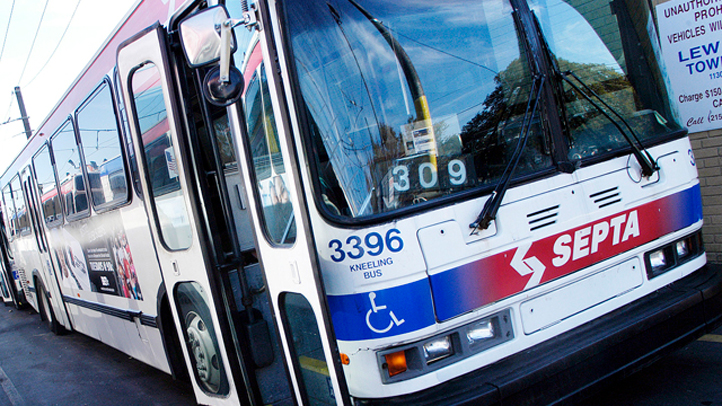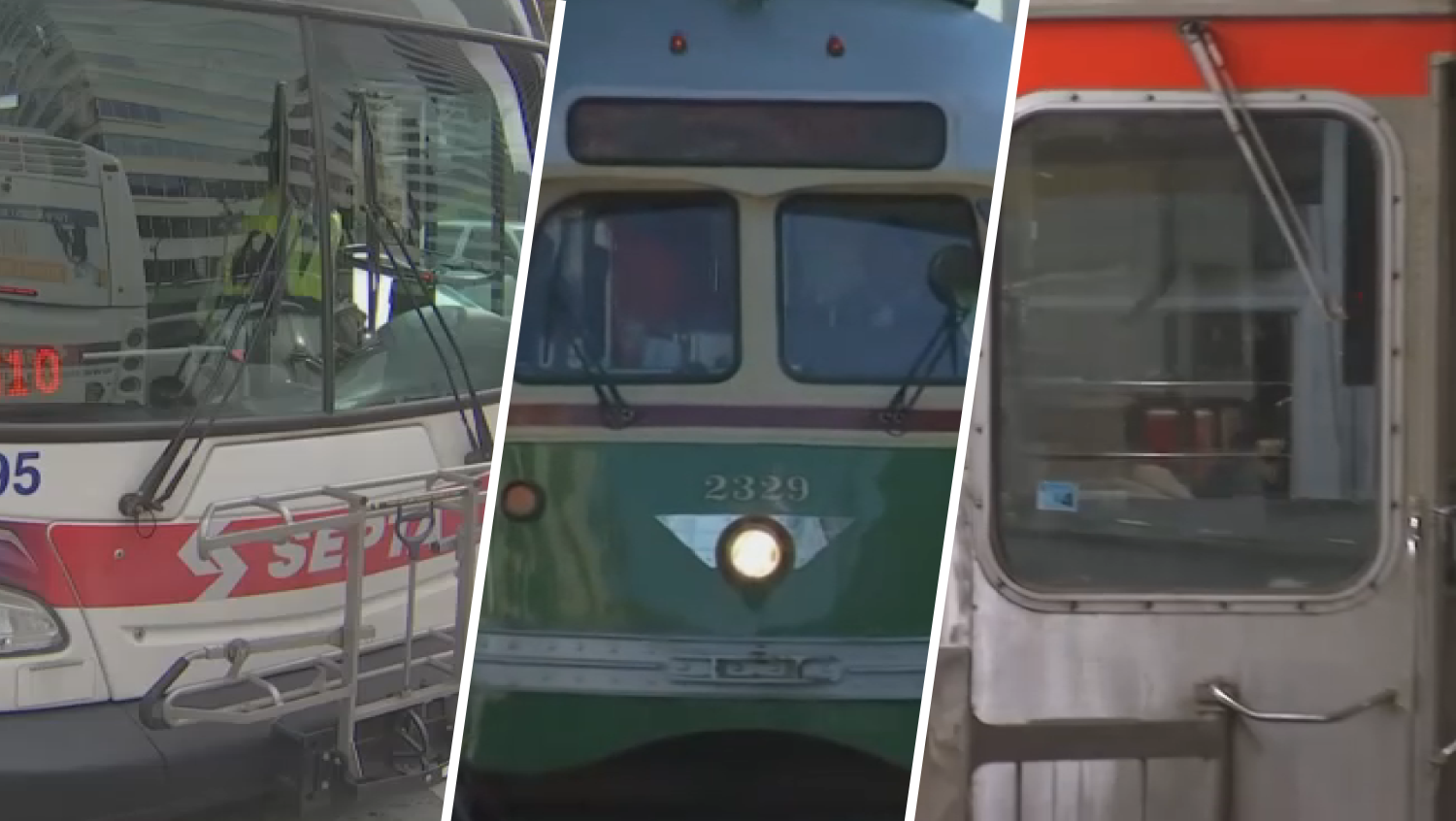SMART Local 1594, the union that represents SEPTA workers in Chester, Delaware and Montgomery counties, has reached a tentative agreement with the transit agency, avoiding a strike.
The union said the agreement includes critical safety improvements and a wage increase, addressing longstanding concerns raised by the union over worker protection and security measures for transit operators.
“When SEPTA told us they had no budget for bulletproof glass enclosures, de-escalation training for our members, or to increase security and police presence on our buses and trolleys, that wasn’t just an insult—it was a direct threat to the safety of my union family,” said Anthony Petty, General Chairperson and SMART-TD Alternate Vice President of the Bus Department and led the negotiations for Local 1594. “You might get away with that somewhere else, but not here in Philadelphia. We won’t stand for it, and today’s agreement is a testament to that.”
Roughly 350 workers who keep buses and trolleys rolling in the suburbs and the Norristown High Speed Line on track had "overwhelmingly" authorized a strike on Saturday, November 16. Local 1594’s contract officially expired at the end of Nov. 18, 2024.
Get top local stories in Philly delivered to you every morning. >Sign up for NBC Philadelphia's News Headlines newsletter.
Local 1594 said that vote, combined with the collaboration with the Transportation Workers Union (TWU) Local 234, was a turning point in the negotiations.
“I want to take a moment to thank the leadership of TWU Local 234 and their President, Brian Pollitt,” Petty stated in a news release sent to NBC10. “We couldn’t have reached this agreement without their tireless effort and solidarity. Together, we fought for the safety and dignity of our members, and today we’re seeing the results of that work.”
Like TWU Local 234, SMART Local 1594 agreement included a 5% general wage increase and SEPTA has committed to installing bulletproof glass full enclosures around operators' workstations on eight buses as part of a pilot program.
The tentative agreement is subject to ratification by the union membership, and that vote will be after Thanksgiving.
SEPTA"s Chief Operating Officer Scott Sauer said that he hopes with better funding, SEPTA and the union will be able to reach longer-term deals, rather than one-year stopgaps.
“This is not a healthy way for us to do business. We have to come to long-term agreements," Sauer said.
SEPTA and the union are putting pressure on the state for more funding to prevent them from being back at this same place next year, with the threat of a strike after the one-year contract expires.
“We’re going to continue to work in tandem in hopes that we can get transit funding, so we won’t be back at this place next year," Pollitt said.
The new deal comes after SEPTA revealed a massive $153 million deficit and warned of dire consequences to service.
"This is the beginning of what we have been saying is the transit death spiral," Sauer said on Nov. 12.
Sauer said for SEPTA to reach these agreements it had to reach into its operating budget to fund the wage and pension increases for the unions.
“We are going to have to take drastic measures in the coming months to keep running as much as we can," Sauer said.
SEPTA negotiating deals on two fronts
This fight in the suburbs is like the one happening in the city where SEPTA’s largest union – TWU Local 234 that represents workers on Philadelphia’s Market-Frankford and Broad Street line subways, trolleys and over 100 bus routes – also reached a tentative agreement on Wednesday, November 20.
TWU Local 234 and SEPTA have been in talks since the summer and the union had been threatening a strike for weeks after their contract expired.
Sign up for our Breaking newsletter to get the most urgent news stories in your inbox.




